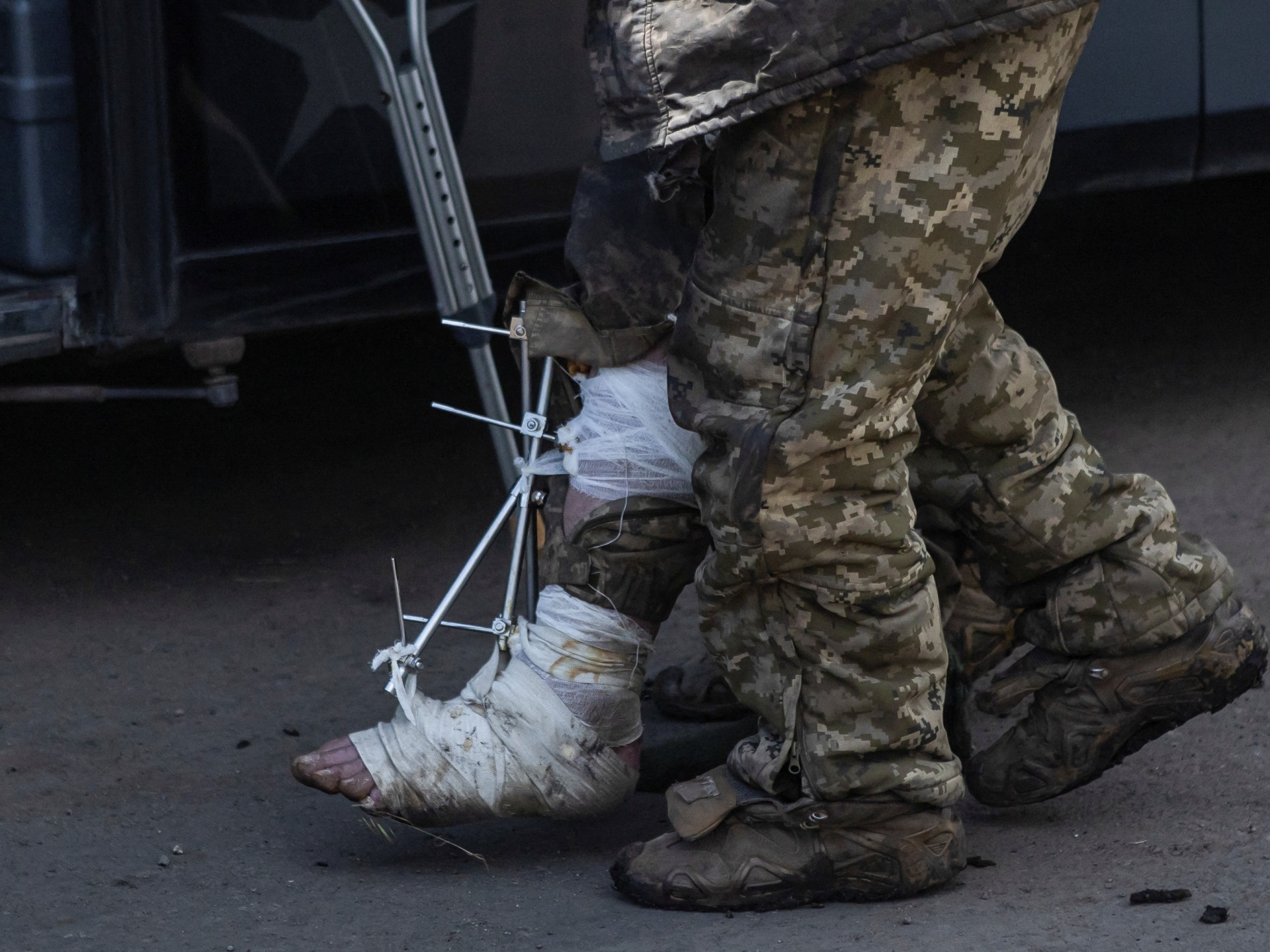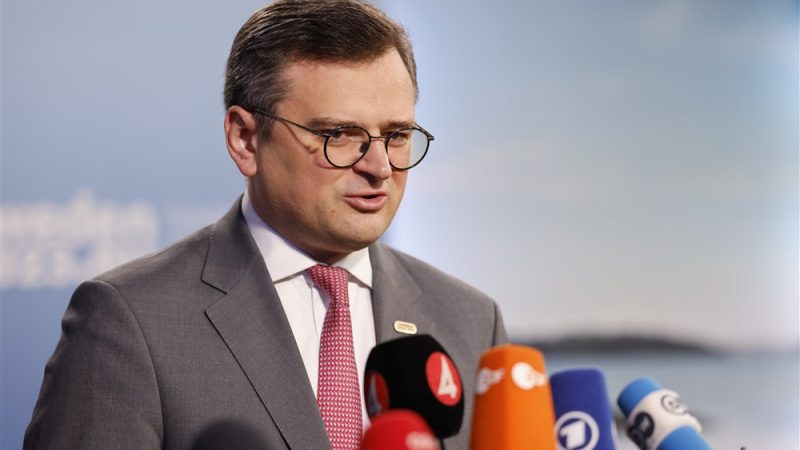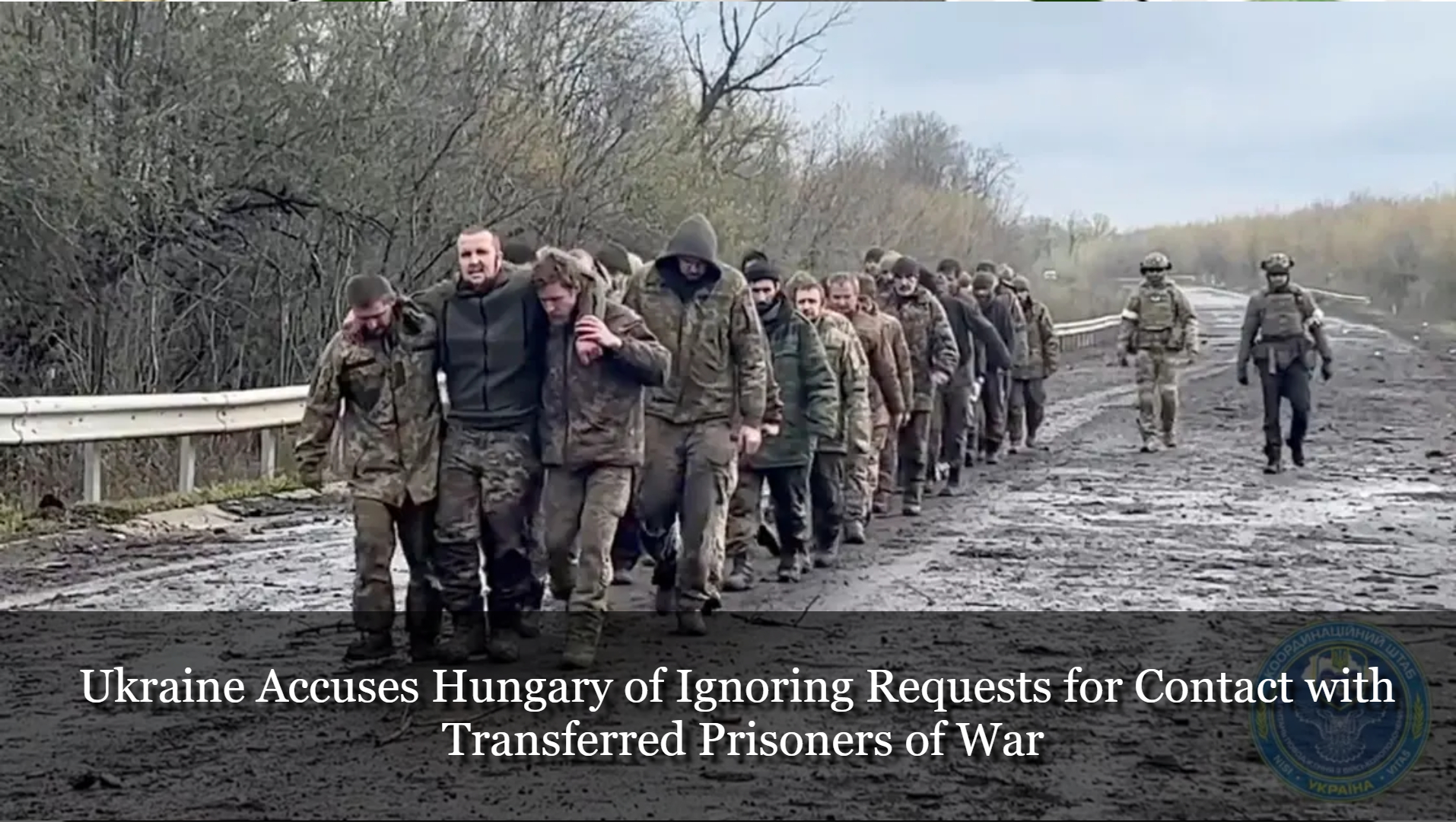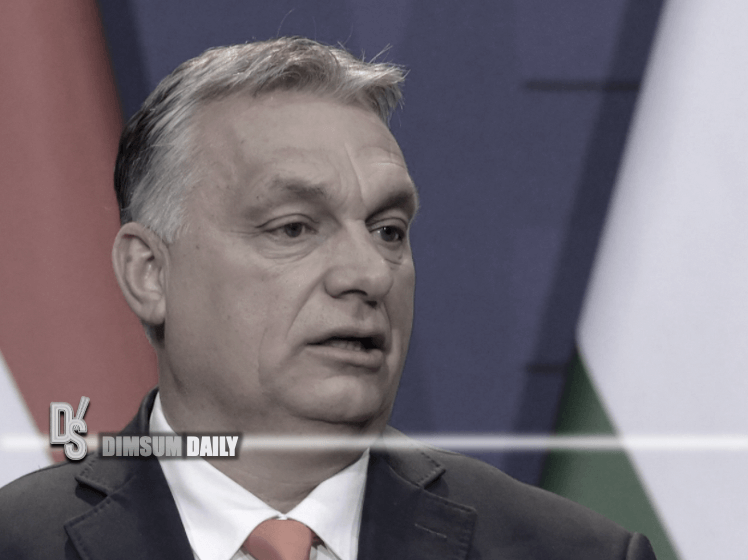Ukraine: Hungary Ignoring Prisoner Requests
A diplomatic row is unfolding between Ukraine and Hungary over allegations that Budapest has ignored requests for contact with prisoners of war transferred from Russia. The Ukrainian government has accused the Hungarian Prime Minister, Viktor Orban of acting in self-interest, maintaining strong political and economic links with Russia.
Background

Since Russia’s military intervention in Ukraine in 2014, eastern Ukraine has suffered a protracted armed conflict, with over 13,000 people dead and almost 1.5 million displaced. The simmering conflict has led to territorial disputes, political tensions, and economic disruption.
Ukraine’s Allegations Against Hungary

Secret Prisoners of War Transfer
Ukraine alleges that Hungary has been ignoring requests for contact with prisoners of war who were secretly transferred from Russia. Ukrainian Foreign Minister, Dymitro Kuleba, has accused Prime Minister Orban of prioritizing Hungary’s interests over Ukraine’s, given the former’s intimate ties with Russia.
Failed Diplomatic Attempts
Ukrainian diplomats have reportedly made several attempts to contact the prisoners of war, but these have proven unsuccessful.
Disputed Claims of Free Status of Prisoners
The Hungarian authorities have claimed that the 11 Ukrainian prisoners of war arrived in Hungary of their own free will and that they are free to leave the country whenever they choose.
Hungary’s Version of Events

Organized by Religious Organizations
Hungarian Foreign Minister, Peter Szijjarto, has sought to distance Budapest from the prisoners of war’s transfer, instead claiming that religious organizations organized it.
Orban’s Chief of Staff Defends Transfer
Orban’s chief of staff, Gergely Gulyas, has argued that Ukraine was informed of the prisoner’s transfer and that they remain free to leave Hungary at will.
The Growing Diplomatic Conflict

Kyiv Accuses Hungary of Serving Russian Interests
The Ukrainian government has accused the Hungarian authorities of prioritizing Hungarian and Russian interests over Ukrainian ones.
Orban’s Political Interests
The Ukrainian Foreign Minister, Dymitro Kuleba, has accused Orban of furthering his political interests by showing the Hungarian public that he is the only defender they have in the conflict.
EU’s Role
The European Union has imposed sanctions against Russia for its involvement in the conflict and has provided financial and military assistance to Ukraine to enhance its resilience and capabilities, although Hungary remains steadfast in its ties to Russia.
Conclusion

The allegations levelled against Hungary by Ukraine continue to worsen as diplomatic efforts to resolve the conflict have proven fruitless. While Hungary maintains that the prisoners of war remain free and are not subject to any monitoring, the Ukrainian authorities remain unconvinced.
FAQs
1. What is the ongoing conflict in Ukraine?
The ongoing conflict in Ukraine began when Russia annexed Crimea from Ukraine in 2014, which then led to a protracted armed conflict in eastern Ukraine. Over 13,000 people have died, and almost 1.5 million have been displaced as a result.
2. What has been the international community’s response to the conflict?
The international community, including the European Union, has imposed sanctions against Russia and provided financial and military assistance to Ukraine.
3. What is Hungary’s position on the conflict?
Hungary maintains strong political and economic ties with Russia and has not cut them since Moscow invaded Ukraine 16 months ago.
4. What are the allegations levelled against Hungary by Ukraine?
Ukraine has accused the Hungarian authorities of ignoring requests for contact with prisoners of war transferred from Russia and prioritizing Hungarian and Russian interests over Ukrainian ones.
5. What is the EU’s role in the conflict?
The European Union has provided financial and military assistance to Ukraine to enhance its capabilities and resilience to defend its sovereignty and territorial integrity.
